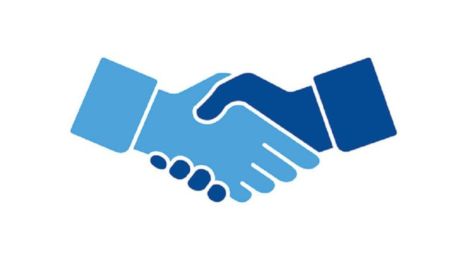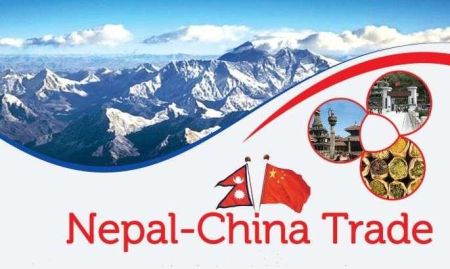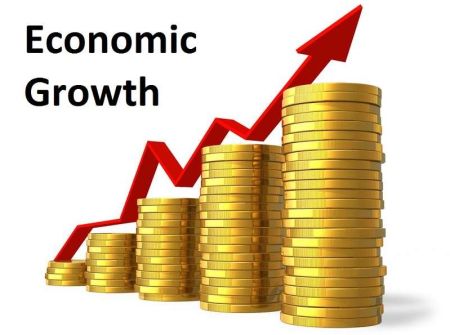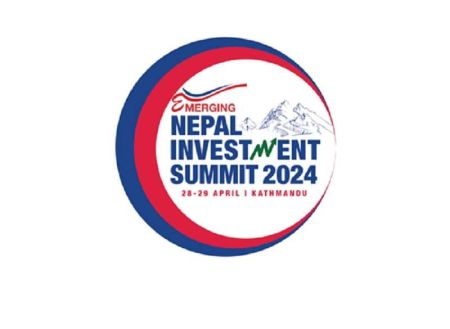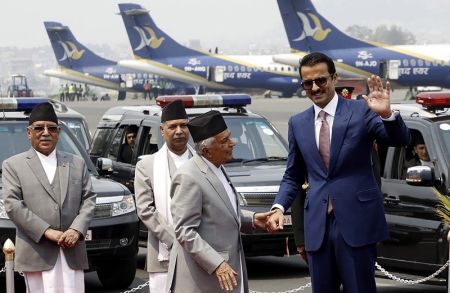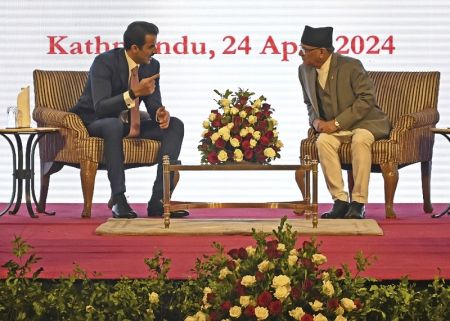Switzerland Leads in Global Energy Ranking
.jpg) Switzerland and a handful of countries in Europe led the way in a global ranking of energy efficiency, access to resources and environmental sustainability. China ranked 78th and the United States was 15th, according to the report by the World Energy Council, a London-based group that promotes sustainable power. Canada came in sixth and France was 10th, while the worst showing of all 129 countries was made by Zimbabwe.
Switzerland and a handful of countries in Europe led the way in a global ranking of energy efficiency, access to resources and environmental sustainability. China ranked 78th and the United States was 15th, according to the report by the World Energy Council, a London-based group that promotes sustainable power. Canada came in sixth and France was 10th, while the worst showing of all 129 countries was made by Zimbabwe. Countries were also given letter grades for their performance in three categories: how well they manage their energy supply, how accessible and affordable energy is across the population, and how much of their power is derived from low-carbon renewables. Only five countries received all A's -- Switzerland, Denmark, Sweden, Britain and Spain. Benin and Zimbabwe received all D's. India, Lebanon, Yemen and Nicaragua also fared poorly with C's and D's.
China got an A for energy security but D's for the environment and affordability and equitable access to power. The United States was a top scorer in security and supply but earned a C in environmental friendliness. The report was based on interviews with more than 50 government officials, development banks and international experts from more than 25 countries, the WEC said. Policymakers interviewed for the report urged more proactive energy policies, and called on the energy industry to help developed countries makes strides toward sustainable energy. The report was released three weeks ahead of talks at the World Energy Congress, to be held in Daegu, Korea.
Asia to have Most Millionaires: Survey
.jpg) Asia will have the world’s largest number of millionaires as early as next year despite the expected tapering of the US Federal Reserve’s stimulus programme, according to a report published on September 25th. With strong growth and high saving rates, the wealth of the region’s millionaires will grow by an annual average 9.8 percent and reach nearly $16 trillion in 2015, according to the wealth management unit of Royal Bank of Canada.
Asia will have the world’s largest number of millionaires as early as next year despite the expected tapering of the US Federal Reserve’s stimulus programme, according to a report published on September 25th. With strong growth and high saving rates, the wealth of the region’s millionaires will grow by an annual average 9.8 percent and reach nearly $16 trillion in 2015, according to the wealth management unit of Royal Bank of Canada. Despite concerns of devaluing asset prices due to capital outflows triggered by Fed tapering, Asia is set to lead the world in the number of millionaires and their total wealth, the bank said in a report prepared with consulting firm Capgemini. “The region’s high net worth population and wealth has increased by 31 percent and 27 percent respectively since 2007, far outpacing growth in the rest of the world of 14 percent and nine percent,” George Lewis, group head of RBC Wealth Management, said in a statement.
The number of millionaires in Asia surged by 9.4 percent year-on-year to 3.68 million in 2012, still trailing North America’s 3.73 million. Millionaires in the report are defined as individuals with investable assets of $1 million or more, excluding residence, collectibles and others.
Asia’s continual population growth, and economic growth expected to continue outperforming the rest of the world, would help it take the lead as early as next year, according to Eric Lascelles, chief economist of RBC Global Asset Management. He said the Fed’s tapering plan could create “hiccups” but would not affect the trajectory of growth in the region. The bank said Japan saw the slowest growth in its millionaire population last year among Asian economies, with only a 4.4 percent increase in 2012 compared to the previous year. Hong Kong topped its Asian peers in the growth of both millionaire numbers and their investable assets in 2012.
China's Smartphone Shipments to Exceed 450 mn
.jpg) The world's biggest smartphone market China will likely see shipments of more than 450 million devices in 2014, at least a quarter more than this year, research firm IDC said. IDC said the increase will be driven by the government's issuance of 4G licences and expectations that China Mobile Ltd , the world's biggest wireless operator, would carry iPhones by then.
The world's biggest smartphone market China will likely see shipments of more than 450 million devices in 2014, at least a quarter more than this year, research firm IDC said. IDC said the increase will be driven by the government's issuance of 4G licences and expectations that China Mobile Ltd , the world's biggest wireless operator, would carry iPhones by then. China, a market dominated by Samsung Electronics Co Ltd and Lenovo Group Ltd, is expected to ship 120 million 4G-enabledsmartphones to meet consumer demand for Internet connectivity. Smartphone shipments are expected to reach 360 million this year, IDC said.
In the second quarter, Samsung and Lenovo maintained their lead in China with market shares of 18.5 per cent and 9.8 per cent respectively, while China Wireless Technologies Ltd's Coolpad moved up a notch from the previous quarter to rank number 3. Apple Inc's iPhones saw market share and ranking fall to 5 percent and number 6 in the second quarter, from 9 per cent and number 5 a quarter ago, IDC analysts said. The US technology giant's market share usually slips a quarter or two before its next product launch.
"Affected by the sluggish sales of iPhone 5, Apple's market share has declined dramatically, but its performance is expected to remarkably improve with the launch of the new iPhone," James Yan, an IDC analyst, said in a statement. Apple unveiled two new smartphone models, the iPhone 5S and a less expensive 5C, in China just hours after their US launch. Apple sold 9 million new iPhones during the first three days in stores after China joined the list of launch countries for the first time, though it declined to give a breakdown for the Chinese market.
Blackberry in $4.7bn Takeover Deal
.jpg) Struggling smartphone maker Blackberry has agreed in principle to be bought by a consortium led by Fairfax Financial for $4.7bn (£3bn). Blackberry said in statement that Fairfax, its largest shareholder with about 10% of the stock, had offered $9 a share in cash to buy the company. But Blackberry said it would continue to explore other options while negotiations with Fairfax continued.
Struggling smartphone maker Blackberry has agreed in principle to be bought by a consortium led by Fairfax Financial for $4.7bn (£3bn). Blackberry said in statement that Fairfax, its largest shareholder with about 10% of the stock, had offered $9 a share in cash to buy the company. But Blackberry said it would continue to explore other options while negotiations with Fairfax continued. Two weeks ago, Blackberry announced 4,500 jobs cuts in a bid to stem losses. The Canadian company said it expected to make a loss of up to $1bn after poor sales of its new handsets. In August, Blackberry said it was evaluating a possible sale. On Monday, 23rd September, the company announced that it had "signed a letter of intent agreement under which a consortium to be led by Fairfax Financial Holdings Limited has offered to acquire the company subject to due diligence".
The statement continued: "Diligence is expected to be complete by November 4, 2013. The parties' intention is to negotiate and execute a definitive transaction agreement by such date." However, Blackberry said it was not in exclusive talks with Fairfax and would continue to "actively solicit, receive, evaluate and potentially enter into negotiations" with other potential buyers. Canadian billionaire Prem Watsa, Fairfax's chairman and chief executive, said: "We believe this transaction will open an exciting new private chapter for Blackberry, its customers, carriers and employees.
Blackberry's financial problems came to a head this year following disappointing sales of its new Z10 model smartphone. Released in January - after many delays - the phone has failed to enthuse consumers.
Scandals Cost JPMorgan $1 Billion in Fines
.jpg) It's $1 billion in payouts that JPMorgan Chase & Co most likely wants to forget. In agreements with regulators totaling $1 billion and made public on September 19, the biggest bank of US settled four civil investigations into its "London Whale" trading scandal and two more into the wrongful billing of credit-card customers. The deals, which involve five authorities from the United States and one from the UK, are a milestone in the company's push to clean up its legal affairs but leave JPMorgan exposed to additional costs and embarrassment.
It's $1 billion in payouts that JPMorgan Chase & Co most likely wants to forget. In agreements with regulators totaling $1 billion and made public on September 19, the biggest bank of US settled four civil investigations into its "London Whale" trading scandal and two more into the wrongful billing of credit-card customers. The deals, which involve five authorities from the United States and one from the UK, are a milestone in the company's push to clean up its legal affairs but leave JPMorgan exposed to additional costs and embarrassment. The bank still faces criminal probes into the trading scandal, its conduct during an energy trading investigation, sales of mortgage securities in the United States and possible bribery in China. Investigators are also looking into its role in setting benchmark interest rates known as LIBOR. The settlements include $920 million of penalties for JPMorgan's London Whale trading scandal, which Chief Executive Jamie Dimon at first dismissed as a "tempest in a teapot" and ultimately resulted in $6.2 billion in losses. The deals included an admission of wrongdoing, which has been rare in past settlements made by the U.S. Securities and Exchange Commission.
A second set of settlements includes $80 million of payments for billing of credit-card customers for identity-theft protection services that they did not receive. The deals, made with the U.S. Office of the Comptroller of the Currency and the Consumer Financial Protection Bureau, come after the company issued $309 million of refunds to customers. The Comptroller of the Currency also on Thursday ordered JPMorgan to improve its consumer debt-collection practices. That order did not include financial penalties and involved allegations made public more than two years ago. The London Whale deals, reached with the UK's Financial Conduct Authority and the U.S. Federal Reserve, SEC and Comptroller of the Currency, resolve the biggest civil probes into the trading debacle. The deals include citations against JPMorgan for poor risk controls and failure to inform regulators about deficiencies in risk management identified by bank management. The scandal took on the London Whale nickname that hedge funds had given to Bruno Iksil, a trader at JPMorgan's Chief Investment Office in London, for the enormous size of the positions he took for the company.





